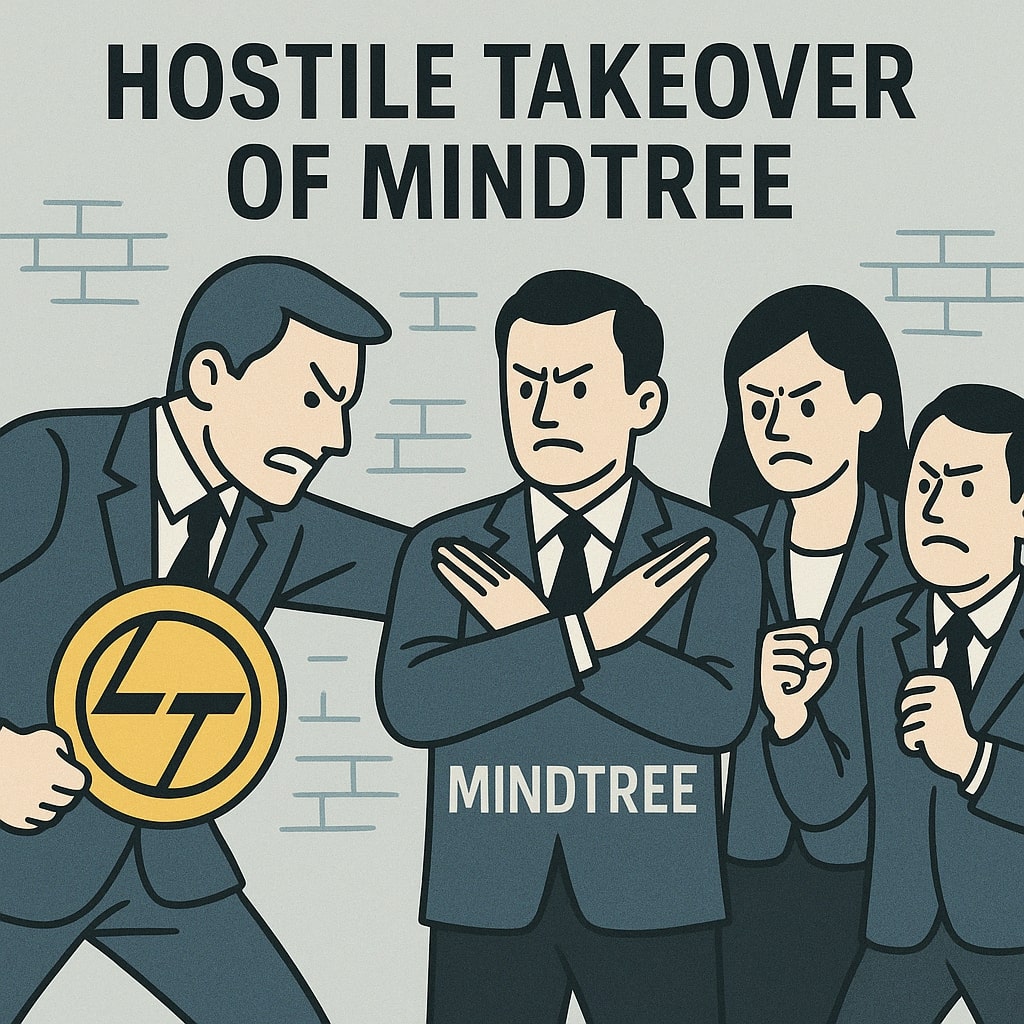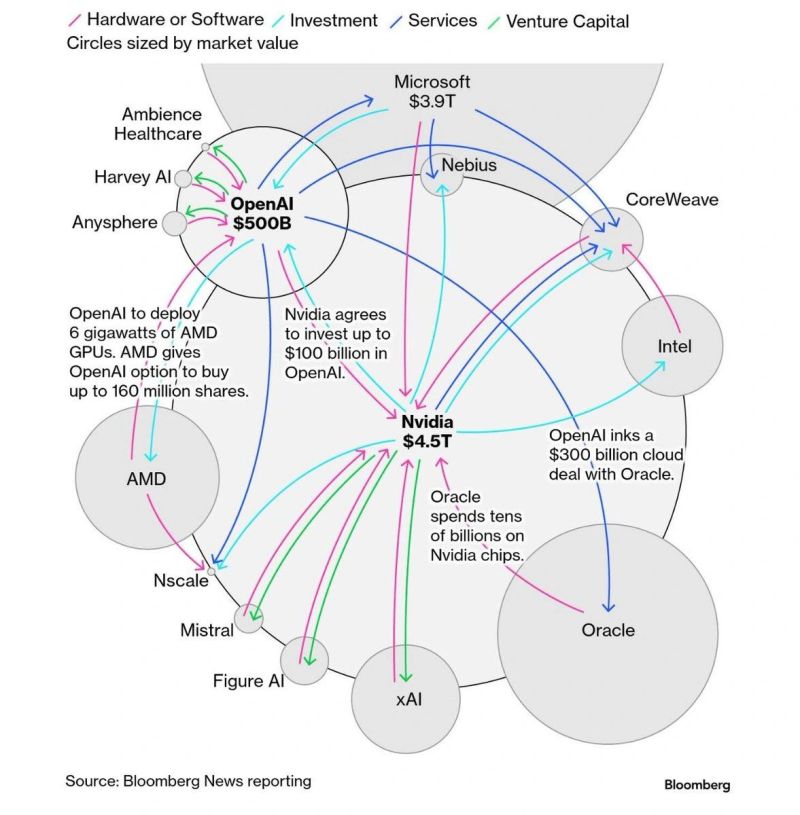Introduction
Hostile takeovers are rare in India, especially in the IT services sector where culture, trust, and relationships drive business. Yet in 2019, India witnessed its first major hostile takeover when Larsen & Toubro (L&T) acquired control of Mindtree, despite strong opposition from its promoters.
This case is not just about a corporate acquisition—it is a rich learning example for professionals and students of business strategy, corporate governance, and leadership.
Background: The Two Companies
- Larsen & Toubro (L&T) – A large engineering and construction conglomerate with growing interests in technology services.
- Mindtree – A mid-sized IT services firm founded in 1999, admired for its unique culture and people-first approach.
The promoters of Mindtree held only about 13.3%, while the largest single shareholder, VG Siddhartha (Café Coffee Day founder), owned 20.3%.
The Takeover Timeline
- March 2019: L&T struck a deal with Siddhartha to buy his 20.3% stake in Mindtree at ₹980 per share.
- L&T announced an open offer to acquire an additional 31% from public shareholders, plus further open market purchases.
- Promoters’ Response: Mindtree’s founders opposed the deal, calling it “a grave threat” to the company’s values and independence. They explored defenses like a buyback but lacked the financial muscle.
- Open Offer Outcome: Public shareholders tendered shares enthusiastically. L&T’s stake crossed 60%, making it the new promoter of Mindtree.
Why It Was Hostile
A takeover is deemed “hostile” when it goes against the wishes of the company’s promoters or board. In this case:
- Mindtree promoters publicly opposed the move.
- L&T went ahead through share purchases and open offers without their consent.
- SEBI regulations allowed it, since shareholder rights took precedence over promoter sentiments.
Key Lessons for Professionals
1. Shareholding Structure Matters
Promoters with a small stake are vulnerable. Strong control requires either a majority holding or strong institutional backing.
2. Strategy Over Sentiment
For L&T, this was a strategic expansion in IT. For Mindtree, it was about preserving culture. The clash highlights how strategy often outweighs sentiment in corporate battles.
3. The Power of Large Shareholders
One large investor (VG Siddhartha) exiting triggered the entire chain of events. Professionals must recognize how institutional or majority stakeholders shape corporate destiny.
4. Regulatory Frameworks Drive Outcomes
SEBI’s takeover code ensured transparency and shareholder opportunity. Professionals should understand how laws enable or restrict corporate actions.
5. Culture and People Can’t Be Ignored
Even after the acquisition, there were concerns of cultural mismatch, leadership exits, and employee morale. It shows that while strategy wins deals, culture sustains them.
Final Takeaway
The L&T–Mindtree takeover teaches us that corporate control is ultimately about ownership and strategy, not emotions. Yet, the long-term success of such deals depends equally on cultural integration, employee trust, and leadership vision.
For professionals, this case is a reminder to always balance financial strategy with human factors—because while money buys companies, culture builds them.




